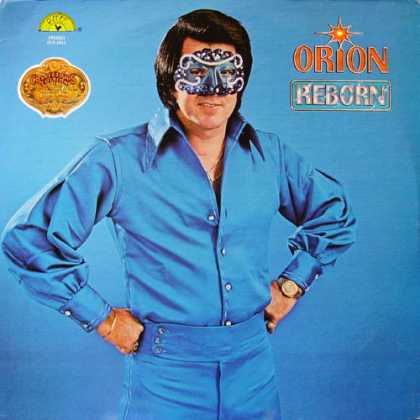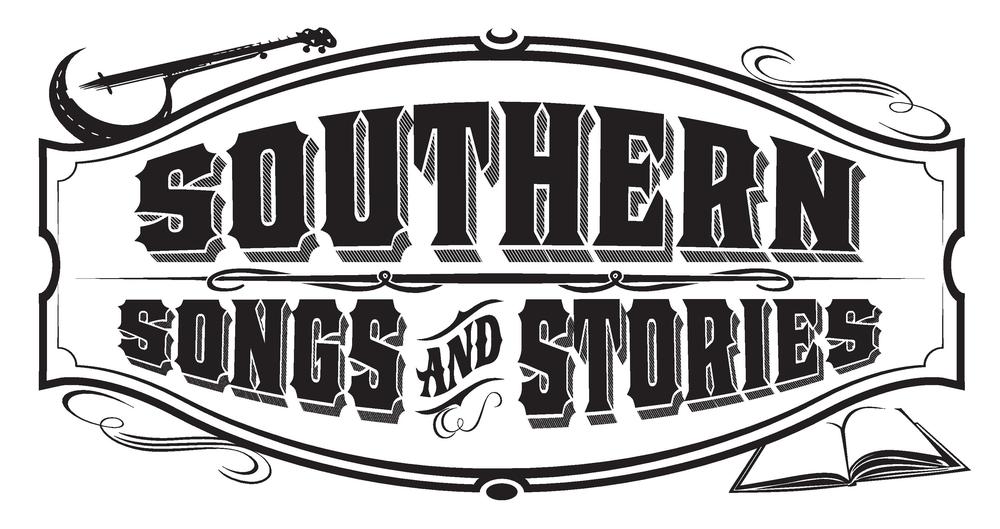In my work as a radio DJ and programmer, constant listening to new as well as older music that I may play or suggest to other hosts for airplay on their shows is a way of life. Over the decades, I have learned to keep an open mind, to allow room for other tastes in determining what is worthy, and to try to avoid judging an album by its cover. Once in a long while, music that looks awful on the surface turns out to be pretty good. Perhaps one in a thousand records with covers like this will be a pleasant surprise. 
A basic assumption for the purposes of this article is that bad music is ultimately in the ear of the listener, and cannot be proven to be inferior mathematically or otherwise. Music even can be played badly, but still have merit. Despite arguments such as that music requires a minimum number of chords to be viable, for example, I go forward with the belief that defining what is bad music boils down to personal taste.
Bad music can be a far different thing than what is bad IN music, which can be everything from business to technology to culture and so on. I'll get around to venting about those sorts of things in this series of articles as well, but first let's get down to some of the terms that help all of us define which music we dislike, and list a few common points of reference:
Musical Elements: These can be anything from lyrics to tempo to whether or not banjos are present. Some people only like "pretty" singing. Some cannot take feedback from electric guitar. Others want to listen to synthesizers, or minor chords, and on and on. There are plenty of buttons that, when pushed, drive away X percent of the audience, the folks who only like music made up by certain elements. There are a lot of us in this camp, and while I would like to think that its population has dwindled, anecdotal evidence tells me otherwise.
Production Style: To reverb or not to reverb? Strings? How about the dreaded Auto-Tune? There are almost an infinite array of production styles, and just as with musical elements, there are plenty of people who gravitate towards one style or another, or one end of the production spectrum over another. "It's way over produced!" is a common complaint I have heard about music, in some cases meaning that the basic song and execution could have been good, but the extra harmony singers, compression and string section ruined it. Conversely, some music that is performed solo and acoustic, for example, suffers when compared to the electric version with a full band to many listeners.
Era: Have you ever heard someone say something like, "All music is crap nowadays!" Their counterpart could be the person who listens to all of the famous covers of Robert Johnson classics while refusing to sit through any of the originals. Also, ageism is alive and well! Discrimination due to the age of artists is widespread, even to the point that some will revere a young artist's music but turn away from everything made by the same artist later in their career. How many people have trouble taking Taylor Swift seriously just for the fact that she is so young? How many will tune out the new Jimmy Cliff while cherishing their copy of The Harder They Come?
Genre: I heard an influential friend in the blues music world argue that artists advertising their performances with "blues" mentioned in it will draw a smaller audience than they would have if they had just left the word out. Instead of "blues guitarist X", use "electric guitarist X", or some other descriptor that does not play into preconceptions, they said. Also, I once heard an advertisement for a Mumford & Sons show call them a "bluegrass band". In the first case, the genre tag is perceived badly, while in the second, it is a compliment, however both examples show how silly the whole business of classifying styles of music can be. The blues encompasses large swaths of American music history and a great many styles; those shying away from seeing "blues guitarist X" while paying to go see the same person billed as "electric guitarist X" are doing themselves a disservice. Bluegrass is much more narrowly defined, with a specific blueprint invented by Bill Monroe in the mid-1940s, so hearing Mumford & Sons described as "bluegrass" is laughable. This is not to say that Mumford & Sons is laughable; they very likely had no input in that advertisement. To some, the presence of a banjo means the music can be called bluegrass.
Genre is often the easiest peg to hold your musical hat. When you ask someone what music they like, many times they will reply by mentioning one or more genres. Putting handles on music like genres often serves to spread misconceptions as much or more as it serves to give useful information on what the music is like.
--------------------------------------------------------------------------------------------------------------------------------------
Recently a friend of mine asked me who I thought could be added to his list of artists who received critical acclaim early in their careers, only to be widely ridiculed later on. His list included Elton John and Rod Stewart, and to it I added ZZ Top, Bee Gees, and to a lesser extent, Peter Frampton. Would you agree?
I hope you may join us in our efforts to define what is bad in music, and in doing so, learn more about what defines ourselves. Stay tuned for more on the "What Is Bad In Music" series, and feel free to comment here, or write us at linguamusicashow@gmail.com if you would like to be featured in an article. -Joe Kendrick
